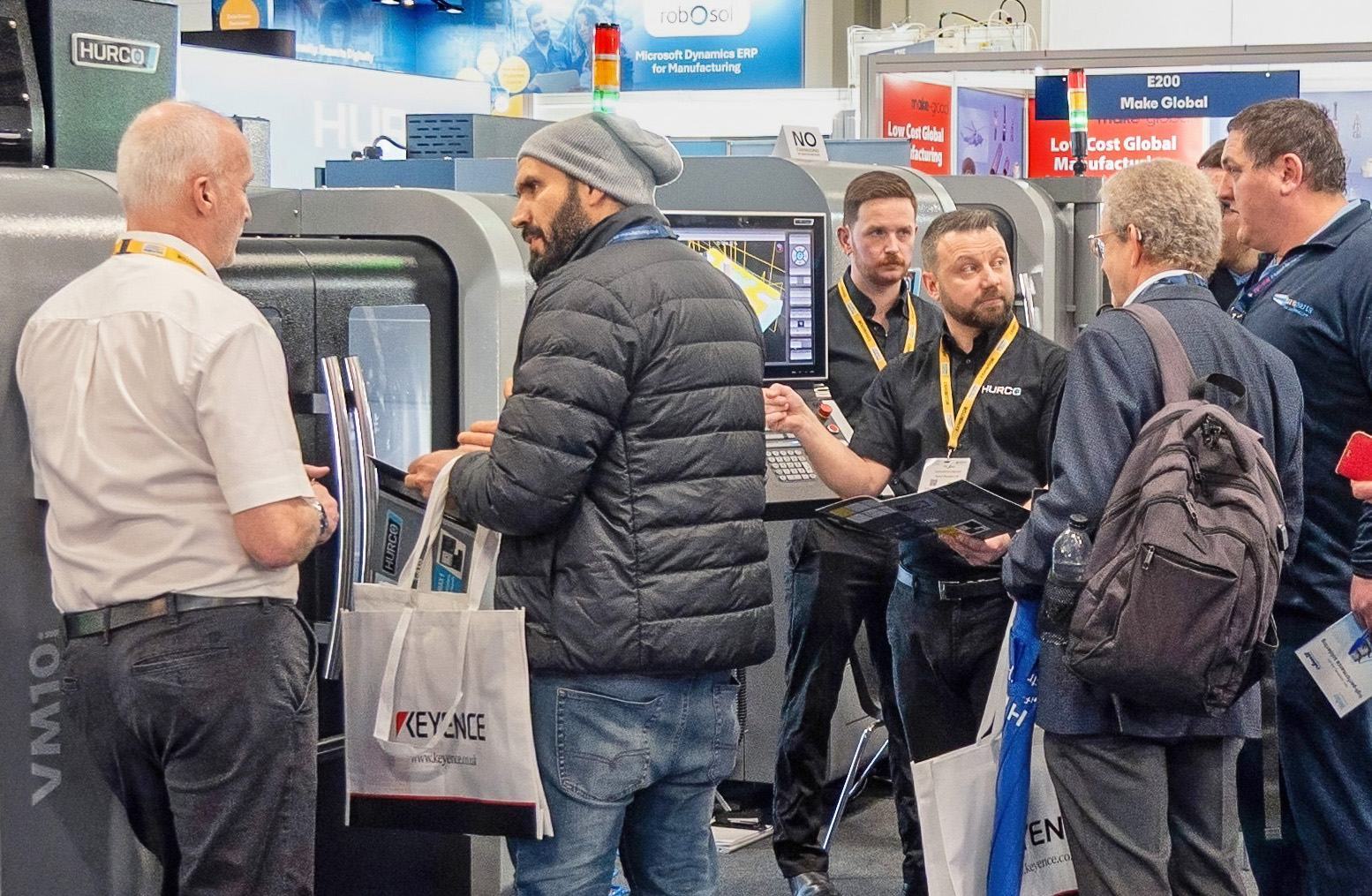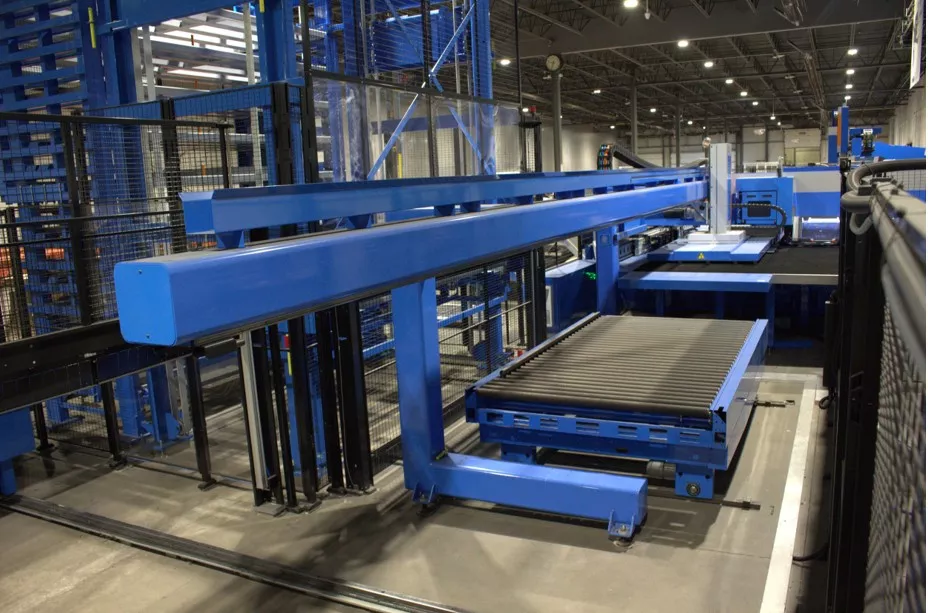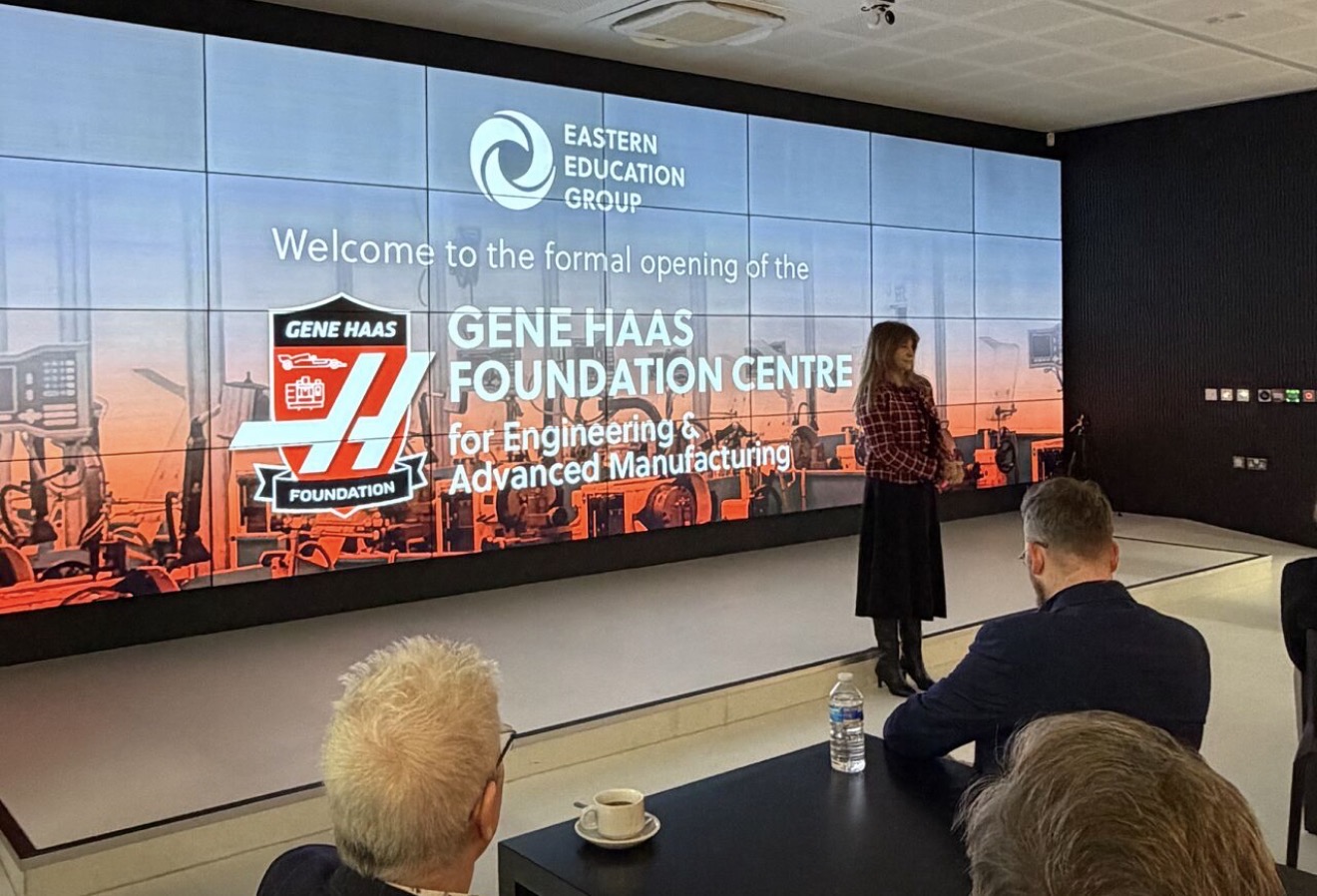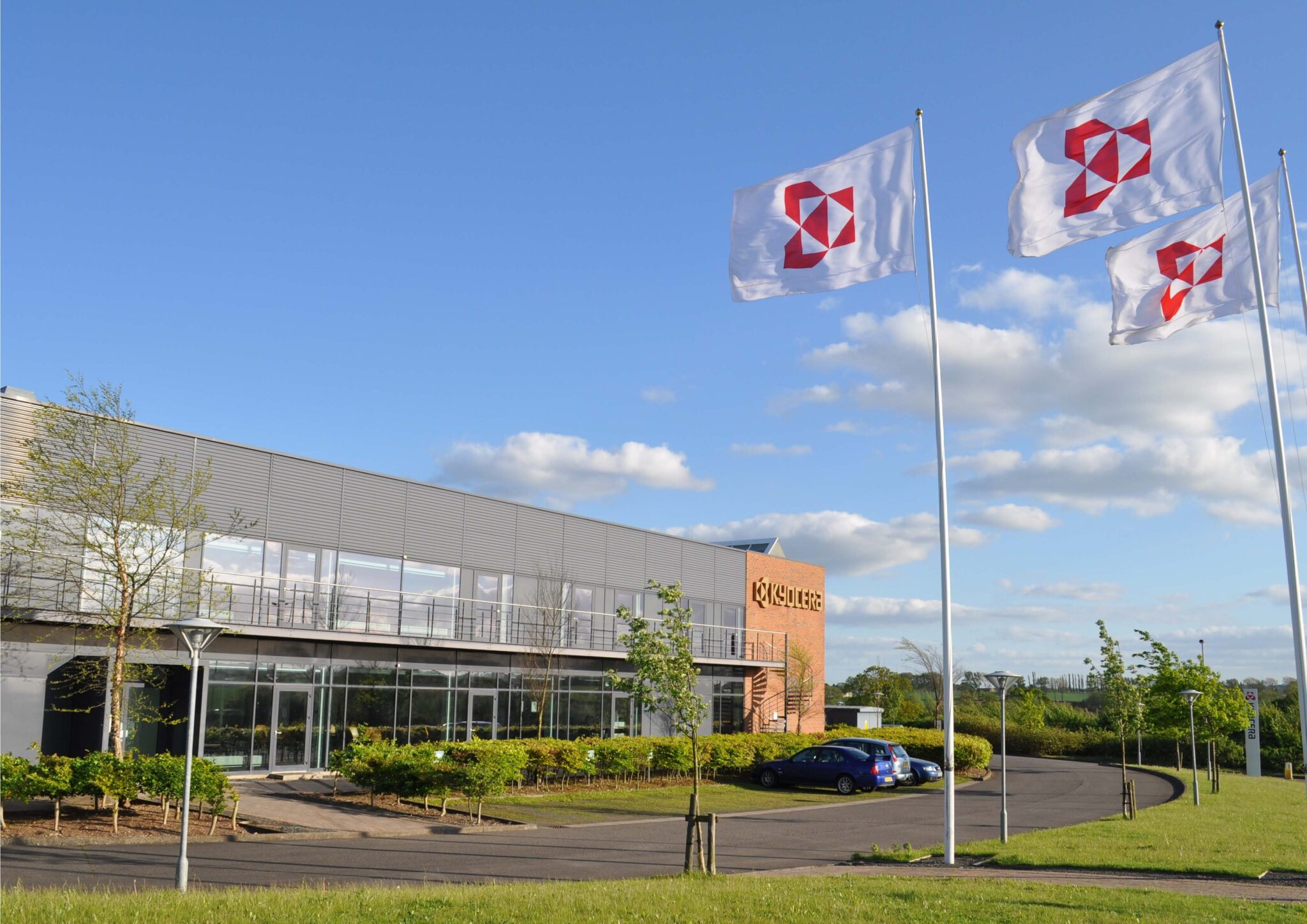Q&A: Learning something new every day

Our contributing editor Steed Webzell speaks with the team at MSC Industrial Supply UK about the company’s unerring commitment to addressing the skills gap, and why apprenticeships are a two-way learning process.
Q) What has been MSC’s experience of the so-called skills gap in recent years? Has the company struggled to find new talent and how has this affected your business?
Dave Darby, managing director: Like many companies we struggle to find people with the relevant skills and attributes. As a consequence we’ve been working hard to create an environment that will attract new talent into the organisation.
Q) What in your opinion are the underlying issues for the lack of skills in engineering and manufacturing?
Mr Darby: Despite Brexit and economic uncertainty, engineering and manufacturing remains a cornerstone of UK GDP. Engineers are in high demand, especially due to an ageing population, with many experienced workers set to retire in the coming years. Many would therefore think it an attractive career path for young people leaving education. However, the reality is somewhat different. The engineering industry has an outdated image of oil, grease and grime, which is not attractive to most of Generation Z. I also believe there is a diversity issue that deters young female candidates from entering engineering. Finally, many students considering an engineering apprenticeship chase placements with blue-chip manufacturers such as JLR, BAE and JCB. As a consequence, many don’t make it and find alternative career paths away from engineering. We want to support UK manufacturing as much as we can to address the engineering skills shortage. To achieve this we’ve focused on two areas: investing heavily in building the largest highly skilled engineering team within the metalworking distribution industry; and acquiring a 49% stake in Next Gen Makers, which supports engineering and manufacturing firms of all sizes in attracting and retaining skilled apprentice talent via an industry best-practice approach.
Q) Tell me about your collaboration with Next Gen Makers. Why did you make this move?
Mr Darby: MSC has partnered with Next Gen Makers for several years. A large part of our customer base consists of manufacturers and, consequently, the company has developed a deep understanding of the challenges they face, including the growing skills shortage. We see our role as more than just a high-service-level distributor of industrial consumables; we’re also committed to supporting the growth of British manufacturing. By partnering with Next Gen Makers we can help bring more young engineers into the sector. We could either sit back and watch from the sidelines or step up; we opted for the latter.
Q) What is MSC’s current approach to apprenticeships? How many apprentices does the company have, and is the target to keep increasing this number?
Lorna Quigley, HR manager: We have a number of 16-20 year olds, kick-starting their career with an apprenticeship that lasts between one and three years depending on the role. We immerse them into our culture and approach, with lots of coaching and development. It’s quite unique because we don’t only look at their professional development, but their personal development, such as self-awareness and how they interact with people and impact the business. From a standing start 18 months ago, we now have five apprentices and we’re looking to double that number this year. Existing apprentice roles include customer experience, finance, warehouse and supply chain. However, we’ll soon start looking for our first engineering apprentices. Although MSC is not a manufacturer, we have a need for new talent capable of developing strategies for tooling, CNC programming, machining set-ups, workpiece materials and so on, in order to provide the optimal applications advice to our customers. Indeed, such has been the benefit of the initial five apprentices that requests are now flooding in from all areas of the business. Our apprentices have made invaluable improvements to our company. They have a different mind-set, and push us to think and look at things through a new lens, which has made us a better business.
Q) How easy/difficult has it been to find apprentice applicants? What do you look for in a potential apprentice?
Ms Quigley: We seek out attributes rather than skills when hiring apprentices: potential not past performance. However, identifying the right candidates remains a challenge. Many schools still see college and university as the best route to achieving career success. Our aim is to change that perception. Apprenticeships are a feasible route to a career from which people can do very well. Having that head start in work experience can stand youngsters in good stead.
Q) Why can’t more manufacturing and engineering businesses see the true benefits of hiring apprentices?
Douglas Brown, head of marketing: A huge ‘reframe’ moment needs to take place within the industry. Unfortunately, there are still many manufacturers who see apprentices as a cheap resource to do a mundane job. They don’t view these youngsters as a way to future-proof their business. Apprentices can look at sustainability and connectivity and decide whether 5G would be a good investment, for example. The industry needs apprentices who, over time, can teach us a thing or two: it’s a two-way learning process. Manufacturers are often run by engineers rather than business people, so that vision is sometimes missing.
Q) Are there opportunities for existing MSC staff to upskill or train in new areas?
Ms Quigley: Yes, we focus heavily on leadership apprenticeships. We’re now on our second cohort and we’ve already had around 50 people undertake this apprenticeship over the past two years. In addition, we’ve provided sales apprenticeships for some of our internal sales team.
Mr Darby: Over the past three years we’ve been working relentlessly on the development of our leaders and establishing a unique culture where our people can be themselves and operate at their best. This is recognised by our 3-star ‘Best Companies’ rating, which is categorised as ‘world class’.
Q) Will your new technology centre have an educational role?
Mr Darby: Our new state-of-the-art Technology Centre allows customers to understand their full engineering potential. The facility plays an educational role through the sharing of best practice across manufacturers.
Mr Brown: We’ve had an awakening at MSC. We see the industry for what it is: engineering businesses struggling to complete work on time, make a profit and understand how to grow, all whilst dealing with constant changes in technologies, materials and data. There’s also a network of service companies, suppliers and distributors who don’t typically take a holistic view of their customers’ businesses; they’re only interested in making sales. We think that proposition is no longer good enough, which is why MSC has fundamentally evolved over the past 4-5 years.








